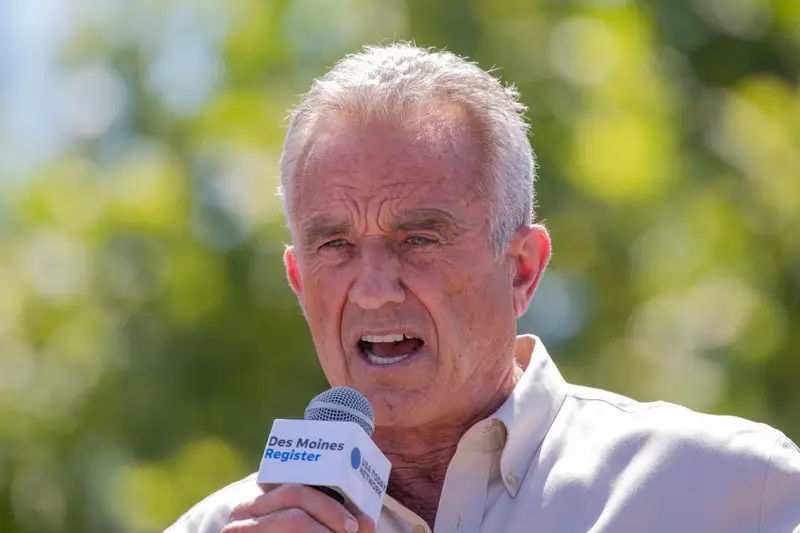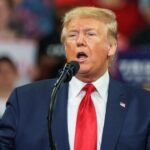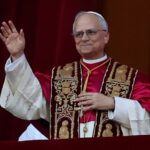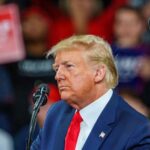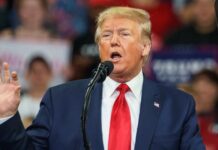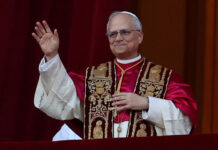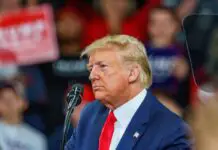In a tense congressional hearing on Wednesday, May 14, Health and Human Services Secretary Robert F. Kennedy Jr. faced sharp criticism from lawmakers after repeatedly refusing to recommend vaccines for preventable childhood diseases, despite the country facing its worst measles outbreak in decades.
When directly asked by Rep. Mark Pocan (D-Wis.) whether he would vaccinate his own children today against measles, Kennedy paused before reluctantly answering, “Probably for measles.” However, when questioned about chicken pox, Kennedy deflected, incorrectly claiming, “In Europe they don’t use the chicken pox vaccine.” Asked about polio—a disease that once caused widespread paralysis before vaccination eliminated it from the U.S. in 1979—Kennedy refused to answer directly.
“I don’t want to be giving advice,” Kennedy told the committee. “I don’t think people should be taking medical advice from me. Everybody can make that decision.”
During the congressional hearings, Kennedy faced bipartisan criticism over significant staffing cuts. Notably, Rep. Mike Simpson (R-Idaho) challenged Kennedy on his opposition to water fluoridation, expressing concern over potential negative impacts on dental health.
Additionally, the hearings were marked by protests from public health advocates and AIDS activists, who disrupted proceedings to express their disapproval of Kennedy’s policies and past statements.
The exchange occurred as the nation grapples with a rapidly expanding measles outbreak. As of May 14, 2025, over 1,000 measles cases have been reported across 31 states, marking the largest outbreak in 25 years, with Texas hit hardest at over 500 cases. The outbreak has claimed the lives of at least three unvaccinated individuals, including two children in Texas.
Rep. Rosa DeLauro (D-Conn.), visibly frustrated by Kennedy’s responses, reminded him of his responsibilities as America’s top health official. “HHS makes medical decisions every day. You’re making medical decisions every day. You’re the secretary of HHS,” DeLauro said. “You have tremendous power over health policy. I’m really horrified that you will not encourage families to vaccinate their children.”
Kennedy’s ambiguous stance on vaccines comes after months of what public health experts have described as “doublespeak” on the issue. In March, as measles cases surged, Kennedy co-penned an op-ed asserting that vaccines safeguard individual children from measles and bolster community immunity. At the same time, he underscored the notion that vaccination is “a personal decision” and advocated for unverified treatments such as vitamin A supplementation.
Some healthcare providers have expressed alarm at Kennedy’s promotion of alternative treatments. According to NPR, several children in West Texas were hospitalized with vitamin A toxicity following Kennedy’s public statements about the vitamin’s benefits against measles.
Prior to his appointment as HHS Secretary, Kennedy was known for spreading various debunked claims about vaccines, including the false assertion that vaccines are linked to autism. He previously chaired Children’s Health Defense, an anti-vaccine organization that unsuccessfully sued New York over school vaccine requirements during a 2019 measles outbreak.
The current outbreak appears to be hitting unvaccinated populations hardest. The Texas Department of State Health Services reports that fewer than 2% of confirmed measles cases occurred in vaccinated individuals. Public health officials have consistently emphasized that the measles, mumps, and rubella (MMR) vaccine is safe and effective, with two doses providing approximately 97% protection against the disease.
Former HHS Secretary Alex Azar’s approach during the 2019 measles outbreak contrasted sharply with Kennedy’s current stance. Azar had unequivocally stated: “We cannot say this enough: Vaccines are a safe and highly effective public health tool that can prevent this disease and end the current outbreak.”
As the outbreak continues to spread, Kennedy’s testimony has further complicated the federal response to a growing public health crisis. With cases rising at their fastest rate in decades, many health experts fear the return of endemic measles in the United States, potentially reversing one of the nation’s most significant public health achievements of the past century.
Robert F. Kennedy Jr.’s educational background is not traditionally aligned with qualifications typically expected for a Secretary of Health and Human Services. His credentials include: Bachelor of Arts from Harvard University (1976), Juris Doctor (JD) from the University of Virginia School of Law, Master of Laws (LLM) in environmental law from Pace University. He is an environmental attorney and was a professor of environmental law. He has no formal medical or public health education or experience, making his appointment to HHS notably controversial, particularly given his past as a prominent vaccine skeptic.

